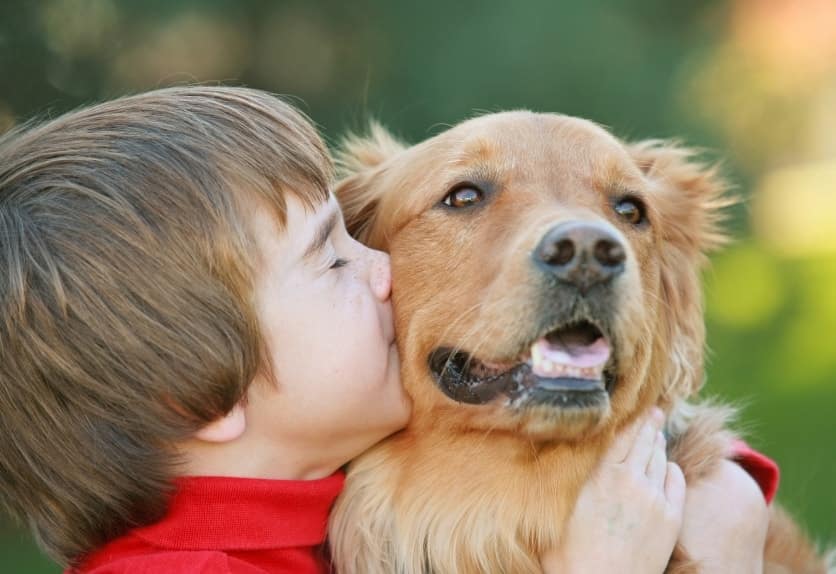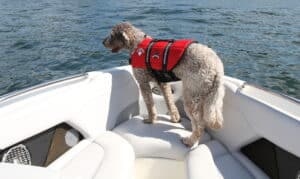
As your pup grows older, its nutritional needs may change. That’s why it’s important to find the right food for an aging dog: one that meets their unique dietary and physical needs. This guide will help you explore your options and choose the best dog foods for elderly canines.
Identify Quality Dog Food Ingredients.
When looking for the best possible food for your older fur family member, there are certain ingredients you should be on the lookout for. Protein should come mainly from whole animal meat sources like chicken, salmon, turkey, and beef. Luckily, these generally include fat, which is an essential nutrient that helps your pup stay vibrant and active in their later years. Additionally, look for food that contains plenty of beneficial nutrients like omega-3 fatty acids, antioxidants, and vitamins to provide complete and balanced nutrition.
Analyze Pet Food Labels.
It’s important to read labels carefully when selecting the right dog food for your older pup. Look for words like “complete and balanced nutrition”, which indicates that the food is nutritionally complete and meets AAFCO guidelines. Additionally, you should look at the top ingredients listed; if grains, corn, or rice appear in the first two to three items, then it may not be a high-quality food.
Most dog foods could have more than adequate amounts of calcium and phosphorus for the older dog. There could possibly be an instance of lessened levels of phosphorus and salt within the diet. Some supplements of zinc and vitamins may very well be helpful in the more mature dog, especially vitamin B. The main food types for the older dog are – dry, semi-moist, or canned.
Review the Different Types of Dog Foods Available.
Not all dog foods are created equal! Before you decide on a specific food, it’s important to review the different types available. Dry kibble formulas are popular for older dogs, though wet and canned food options also exist. For picky eaters, consider adding warm water to dry kibble or mixing wet food with some of their preferred dry food. Probiotic dog foods can be beneficial for elderly canine health, as can limited ingredient diets, which are more easily digestible than traditional formulas.
Diet adjustments need to be made slowly and gradually in order to avoid stomach upsets and diarrhea. Be sure to have sufficient water readily available for your dog, especially if provided dried food, and as well if kidney and liver disease is an issue.
Consider a Prescribed Pet Diet.
If your elderly dog is dealing with a specific health issue, you may want to consider a prescribed diet. Prescribed pet diets are designed to provide all the nutrition your dog needs for specific medical issues, such as digestive upset or kidney failure. As these special diets are created by veterinarians, it’s best to get your veterinarian’s guidance before making any changes to your senior pet’s diet.
Adjust the Amount and Frequency of Feedings as Needed.
When your dog develops joint pain, mobility issues, and teeth problems, or isn’t as active as he used to be, you may need to adjust the amount and frequency of feedings. For older dogs with a decreased activity level, reducing their calorie intake can help prevent obesity and its related health issues. And if your elderly pup has difficulty chewing, grind up his kibble or use canned food instead. Also, speak to your vet about adding dietary supplements such as glucosamine or fish oils to support joint health and improve your senior pup’s energy levels.





